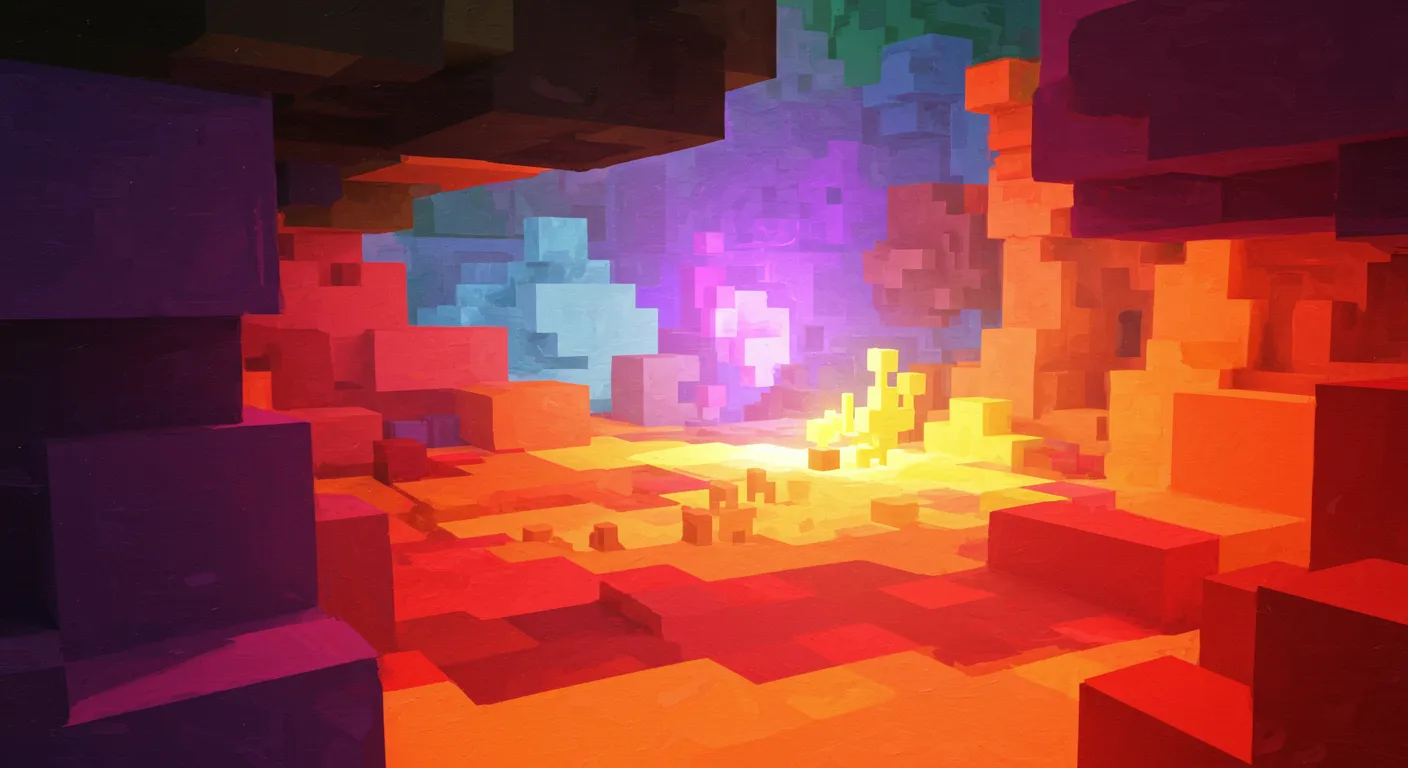In the ever-evolving landscape of indie game development, Veloren emerges as a fascinating experiment in community-driven game creation. Born from the ashes of Cube World's unfulfilled promises, this open-source voxel RPG has carved out a unique niche in the gaming world, driven by passionate developers and a vision of collaborative game design.
Online commentators have been tracking Veloren's journey from a mere clone to a distinctive gaming experience. Initially conceived as a "CloneWorld" project mimicking Cube World, the game quickly diverged, establishing its own identity and gameplay mechanics that set it apart from traditional voxel-based games like Minecraft.
The project's most intriguing aspect is its development ecosystem, rooted deeply in the Rust programming language. While some online discussions debate Rust's potential as a game development platform, Veloren stands as a testament to the language's capabilities. Developers have built an entire game engine from scratch, showcasing the potential of open-source collaboration and innovative technology.
A point of ongoing discussion among community members is the game's design philosophy. Some praise its ambitious world-generation techniques, which use complex algorithms to create realistic terrain based on tectonic uplift and erosion. Others, however, critique the project for lacking focused game design, suggesting that while the technical achievements are impressive, the gameplay experience remains somewhat unrefined.
The launcher controversy further highlights the community's passionate engagement. What began as a practical solution for frequent updates has sparked debates about user experience, transparency, and the role of supporting software in game distribution. Through these discussions, Veloren reveals itself not just as a game, but as a living, breathing community project constantly evolving through collective input and shared vision.


